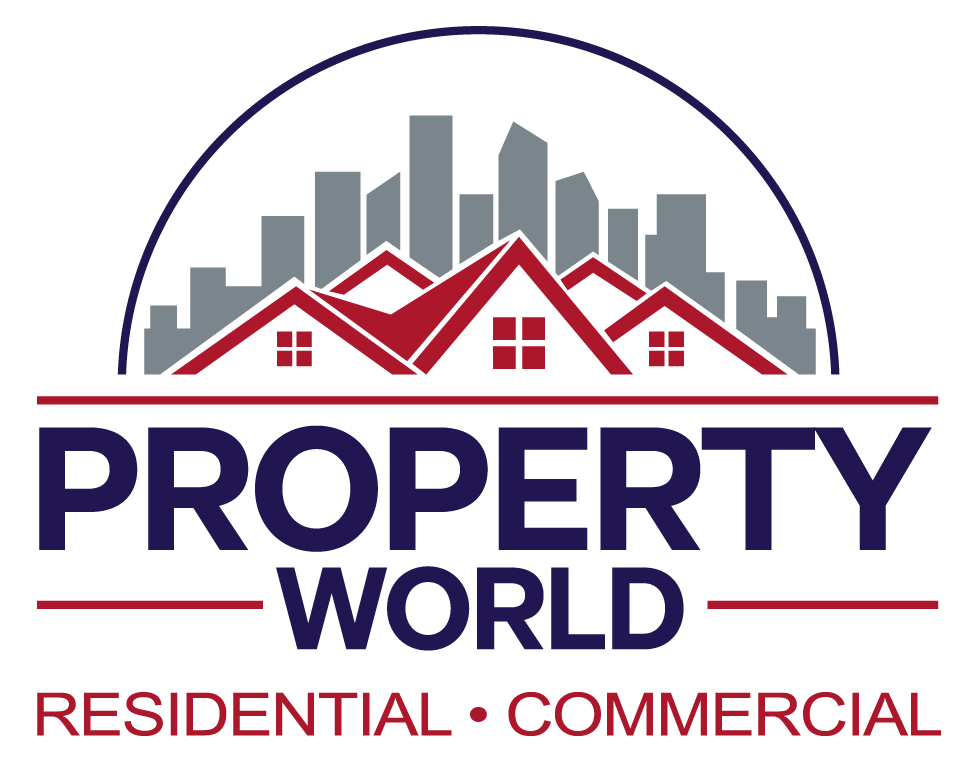Learn What You Should Do When Selling Your Home
Maybe you’ve heard some horror stories about home buying: rising prices, housing shortages and tightened lending requirements. But searching for your dream home doesn’t have to be nightmarish when armed with knowledge to face today’s market.
Whether you’re shopping for a new home or selling your current one, our experts tell you what you need to know.
What’s my total budget?
It could be a waste of time to start looking at houses without understanding how much house you can afford.
There are additional costs to consider other than the sales price, such as property taxes, homeowners insurance, homeowners association dues, ongoing home maintenance and any renovations you want to do.
Is the home in a flood zone or prone to other natural disasters?
A property that’s in a flood zone or other natural disaster area may require additional insurance coverage.
For example, homes that are located in a federally-designated, high-risk flood zone require flood insurance. (Find out whether a property is in a high-risk flood zone using FEMA’s Flood Map Service.)
Why is the seller leaving?
Understanding why the seller is moving — whether it’s due to downsizing, a job relocation or as a result of a major life event — might help you figure out how motivated they are when negotiating.
A good buyer’s agent will try to find out this information for you and gauge how flexible (or not) the seller might be during negotiations.
A motivated seller who needs to move quickly or whose home has been on the market a while is more likely to work with you than someone who isn’t in a rush to move.
What’s included in the sale?
Anything that’s considered a fixture is typically included when purchasing a house — think cabinets, faucets and window blinds.
However, there could be items that you think are included with the home but actually aren’t. This depends on your state’s laws. The listing description should spell out any exclusions that the seller is not including, but that’s not always the case.
Make sure to ask in your offer what is (and isn’t) included with the home. Do you really want the washer and dryer, or that stainless-steel refrigerator?
Ask if the seller will throw these items into the deal.
Were there any additions or major renovations?
In some cases, property records and listing descriptions don’t always match up.
A home might be advertised as having four bedrooms, but one of those rooms may be a non-conforming addition that doesn’t follow local building codes.
Find out what major repairs or renovations the seller has done since owning the home, and request the original manufacturer warranties on any appliances or systems if those have been replaced.
Knowing a home’s improvement history can help you better gauge its condition and understand the seller’s asking price.
How old is the roof?
Let’s face it: roofs are necessary and expensive.
If a home’s roof is at the end of its lifespan and you wind up having to replace it shortly after move-in, you’ll be shelling out thousands of dollars. Ouch.
If the roof has existing damage, your lender may require that it be repaired in order to approve your loan.
In other words, if the listing description doesn’t list the roof’s age, make sure to find out ASAP to avoid a costly headache later.
How old are the appliances and major systems?
Again, understanding the anticipated lifespan of essential systems and appliances, such as the air conditioner, furnace, water heater, washer, dryer and stove, can help you anticipate major repair or replacement expenses.
If these items are already at the end of their lifespan or near it, ask the seller to purchase a home warranty, which can help cover the replacement costs in certain instances.
How much have homes sold for in the neighborhood?
Understanding the current local market will help you determine if a seller’s asking price is on target — or way too high.
Your Realtor can pull the comparable listing data for similar homes that are currently on the market and have sold in the last six months or so as a basis for comparison.
If conditions support further negotiating, consider (making) a lower offer or even concessions like asking the seller to pay for some closing costs.
Are there any health or safety hazards?
Items like lead paint, radon, mold or other major hazards can be costly to address and hold up your loan approval.
Ask the seller to provide documentation if there have been past issues and find out exactly what was done to resolve those problems.
If you suspect hazardous problems or a home inspector suggests additional testing, you might need to pay extra for those specialized services.
How much will I pay in closing costs?
The down payment isn’t the only cash you’ll be forking over on closing day.
You’ll also be responsible for closing costs, which typically include loan origination fees and third-party fees for title research, processing of paperwork, an appraisal and other administrative tasks.
Expect to pay around 2 percent to 5 percent of the home’s purchase price in closing costs, but that can vary depending on your area.
The closing disclosure, which a lender is required to provide you three business days before closing, will spell out all of your loan fees and how much cash you’ll need to close.
Once the closing documents are signed by both parties and the escrow company sends it to the lender, the lender will fund the loan.
